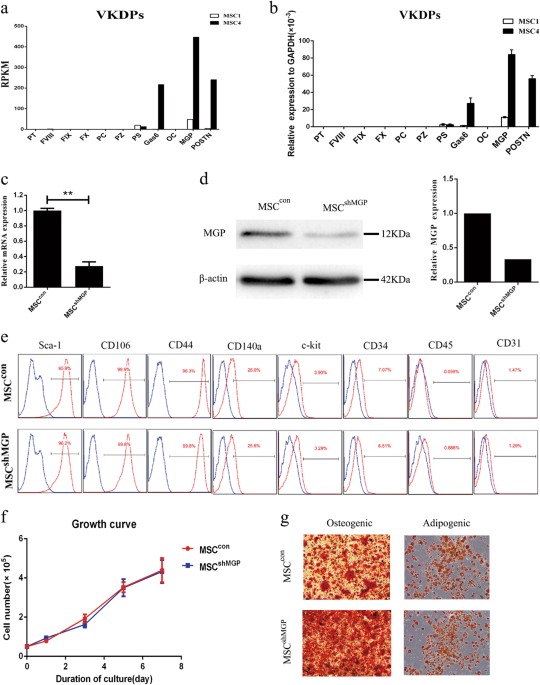
- Select a language for the TTS:
- UK English Female
- UK English Male
- US English Female
- US English Male
- Australian Female
- Australian Male
- Language selected: (auto detect) - EN
Play all audios:
The second generation (2G) spectrum auction process is expected to get beaten into shape at the empowered group of ministers (EGoM) meeting today, but not many are betting on the outcome of
the event. The second generation (2G) spectrum auction process is expected to get beaten into shape at the empowered group of ministers (EGoM) meeting today, but not many are betting on the
outcome of the event. Most observers believe the panel, headed by finance minister Pranab Mukkherjee, will not take crucial decisions such as spectrum pricing and re-farming of 900 megahertz
(MHz) band spectrum held by incumbents Bharti Airtel, Vodafone and Idea as suggested by the Telecom Regulatory Authority of India (Trai). The highest decision making authority in the
communication ministry, Telecom Commission (TC), chaired by telecom secretary R Chandrashekar, had also shied away on May 26 from taking a call on reserve pricing and fixing the schedule for
refarming of 900 MHz band spectrum. “Since Trai has not yet gotten back to the Telecom Commission on its final thoughts on the reserve price, the EGoM may not take a decision on this
tomorrow,” said Prashant Singhal, partner with Ernst & Young Global. According to him, the issues likely to be taken up by EGoM at the meeting are staggered payment, quantity of spectrum
to be auctioned, equity and valuation of spectrum price, schedule and feasibility of re-farming within 12 months after the expiry of incumbents’ licences. Chandrasekhar gave an even more
terse response to a query on what the EGoM meeting agenda would be: “Agenda covers Trai recommendations.” Romal Shetty, head of telecom, KPMG, also did not expect any decision on final
reserve price but said the ministerial panel could come to some conclusion on whether the proposals of Trai and TC needed further review. One issue that was widely discussed before the EGoM
meeting is the impact of Trai’s reserve price on tariff. On Monday, consultancy firm Ernst and Young and GSM lobby Cellular Operators Association of India (COAI) came out with estimates,
which were much higher than the 4.4 paise per minute calculated by Trai. The EY-COAI assessment said Trai’s formula for computing the impact of its reserve price on Tariff was flawed and
therefore undervalued. The two also called for reinstatement of Trai’s recommendation on staggered payment for spectrum price over ten years. The TC has rejected this mode of payment at the
behest of finance ministry. “The substantial payout for spectrum may compel the operators to raise further debt and strain their already leveraged balance sheets. Moreover, the operators
would need deferred payment mechanism for spectrum charges to reduce debt financing requirement and to direct the funds towards network rollout in the initial phase,” said E&Y’s Singhal.
A senior official of Central Bank of India, who request anonymity, said bankers would be cautious in lending to telecom sectors as some of them “burnt their fingers” in the past. “Banks
would not like to put further funds in this sector which is under stress. The government policies undergo changes on a daily basis in sector,” he said. The Trai has recommended auction of
10MHz in eight slots of 1.25MHz each in the 1,800MHz band at a reserve price of Rs3,622 crore per MHz. This is around 10 times more than the price at which they had acquired it in 2008.
While the pricing suggested by Trai has been severely criticised by telecom companies, the industry is divided on other recommendations, including that of refarming spectrum in 900MHz bands.
Companies, industry groups and analysts have said that the suggested price could lead to tariffs going up by as much as 100%. A report compiled by PricewaterhouseCoopers (PwC) for COAI says
mobile tariffs could go up by 90 paise a minute in the metros and 20-34 paise on an average across the country if the Trai suggestions were accepted. Trai had proposed pan-India reserve
pricing per MHz for 1,800MHz at Rs3,622.18 crore, for 800/900MHz at Rs7,244.36 crore, for 700MHz at Rs14,488.72 crore, for 2,100MHz at Rs3,773.24 crore, and 2,300MHz at Rs723.52 crore.










